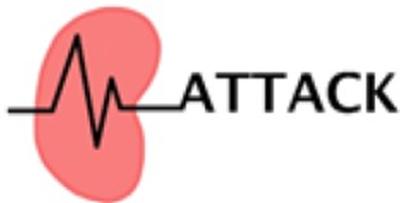
Why are we doing this study?
- We are doing this research to find out whether people with CKD should take daily low-dose aspirin to reduce the risk of a first heart attack or
stroke. - Heart attacks and strokes are usually caused by small blood clots. Aspirin thins the blood so reduces the chance that clots will form but it also
increases the chances of bleeding. - Studies in people who have already suffered a heart attack or stroke show that aspirin reduces the risk of further attacks, and that these benefits are much greater than the risks of bleeding.
- People with CKD are more at risk of a heart attack or stroke than the general population, and aspirin may therefore by beneficial, but the risks of
bleeding may also be higher. - Before we can recommend aspirin treatment to help a first heart attack or stroke in people with CKD, we need to be sure that the benefits of
treatment outweigh the possible risks, and that it why we are doing this study. - Currently, around 1 million people in the UK with CKD are already taking aspirin for this reason and around 3 million are not.
- The results of this study will tell us whether taking aspirin is better for patients with CKD.
Who can take part?
We are inviting all potentially suitable people to take part.
This includes people aged 18 or over who have had blood or urine tests that indicate they have kidney disease and who have not previously had a heart attack or a stroke. This is something you may be aware of or it may be new to you.
It is entirely up to you to decide whether you would like to take part, but if you think you might be interested, please return the reply slip to the research team in the envelope that was provided with the invitation letter, and one of our team will contact you.
If you do take part, you will be free to withdraw from the study at any time without giving a reason. Withdrawal from the study will not affect the standard of care that you receive in any way.
Who is organising and funding the research?
The study has been organised by a team of researchers from different UK Universities, led by the University of Southampton.
It is being funded by the National Institute for Health Research (NIHR) Health Technology Assessment (HTA) programme (part of the NHS) and the British Heart Foundation.
You will not be paid for taking part in the study, but we will refund travel expenses.
If you are allocated to the group taking aspirin, are under 60 and pay prescription charges, these will be reimbursed to you.